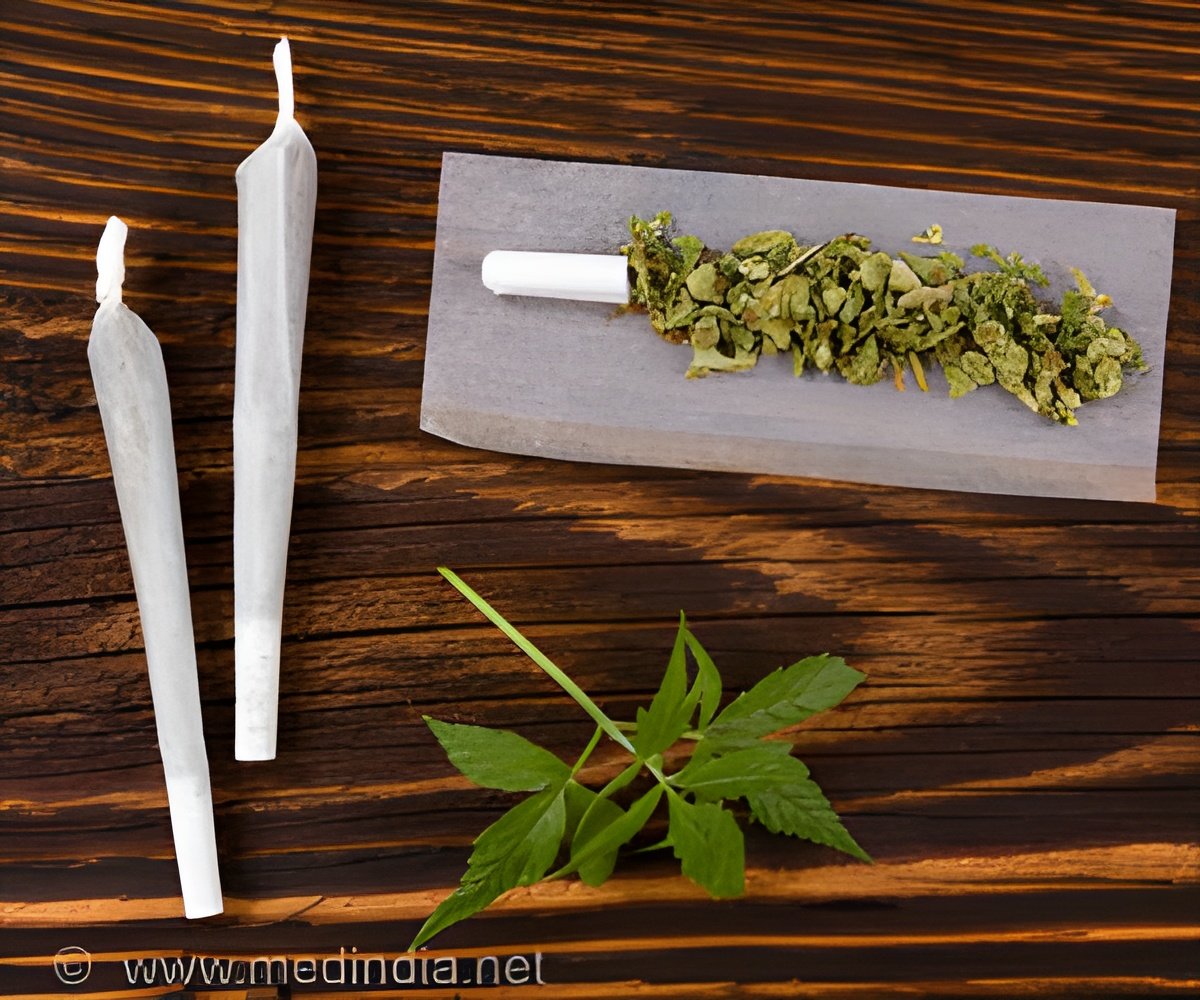Survey shows Australian GPs are cautiously supportive or neutral with regards to the use of medicinal cannabis, research at the University of Sydney finds. The results highlight the need for improved training of GPs around medicinal cannabis.

‘The majority of general practitioners in Australia are supportive or neutral when it comes to medicinal cannabis use. This may point to the need for improved training on medicinal cannabis.’





More than two thirds of full-time GPs had received at least one patient inquiry about medicinal cannabis in the three months prior to the survey but fewer than one in 10 knew how to navigate the bureaucratic processes involved in its prescription. The majority felt uncomfortable discussing medicinal cannabis with their patients. Conducted between August and November 2017 by the University of Sydney's Lambert Initiative for Cannabinoid Therapeutics at the Brain and Mind Centre, the survey revealed that despite the majority of GPs self-reporting a lack of knowledge around medicinal cannabis, a large majority supported its use in palliative care, cancer pain, spasticity in multiple sclerosis, chemotherapy-induced nausea and vomiting, and intractable epilepsy.
Co-author and research associate at the Lambert Initiative, Anastasia Suraev, said the paper highlighted the need to train GPs on the frontline and called for a government re-think about the current specialist-focused prescribing model.
"A majority of GPs believe medicinal cannabis should be available by prescription, with the preferred model involving trained GPs being able to prescribe independently of specialists," she said.
Other key findings
- Most GPs support the use of medicinal cannabis for : chronic cancer pain (80.2%)
- Of those who had an opinion about whether medicinal cannabis was less hazardous than other prescription medicines, a majority believed medicinal cannabis was safer than chemotherapy drugs (78.1%), opioid analgesics (75.6%), benzodiazepines (74.5%) and antipsychotics (68.3%), and over 50% for antidepressants and statins.
- Almost one in 10 GPs (7.5 percent) reported more than five inquiries in the three months prior to the survey.
palliative care (78.8%)
intractable epilepsy (70.3%)
Advertisement
"GP education and training are urgently needed.
Advertisement
"Part of the problem is the specialist-based model that largely excludes GPs from prescribing; most Australians know how hard it is to access specialist medical care, let alone a specialist with an interest in cannabis-based medicines.
"This situation continues to frustrate patients, many of whom simply continue to access illicit cannabis to self-medicate," he stated.
Source-Eurekalert










